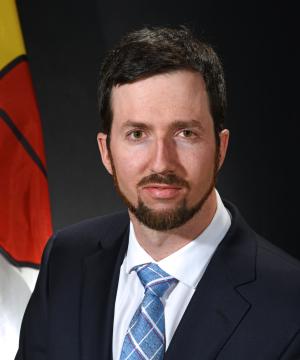
The Department of Health is advising Nunavummiut of an increase of respiratory infections, including influenza and Respiratory Syncytial Virus (RSV) across the Territory.
To ensure children have the greatest possible protection from severe illness due to RSV, Nunavut will be restarting its Palivizumab program effective immediately. This round of vaccination will supplement vaccinations offered earlier this year.
Vaccination will be offered to:
- Premature infants (born at 35 weeks or less) who are six months old or younger.
- Children under 12 months who have:
- Chronic lung disease of prematurity (CLD, is defined as a need for oxygen at 35 weeks GA) currently requiring ongoing supplemental oxygen and/or medical therapy such as diuretics, bronchodilators, or steroids; or
- Hemodynamically significant congenital heart disease requiring supplemental oxygen and/or ongoing medical therapy such as diuretics, bronchodilators, or steroids.
- Chronic lung disease of prematurity (CLD, is defined as a need for oxygen at 35 weeks GA) currently requiring ongoing supplemental oxygen and/or medical therapy such as diuretics, bronchodilators, or steroids; or
- Children under 24 months who have:
- Bronchopulmonary dysplasia/chronic lung disease of prematurity requiring ongoing supplemental oxygen or who were weaned off supplemental oxygen in the past three months.
- Children under 24 months with immunodeficiencies, Down syndrome, cystic fibrosis, upper airway obstruction, or chronic pulmonary disease other than CLD only if they are on home oxygen, have prolonged hospitalization for severe pulmonary disease, or are severely immunocompromised.
Influenza vaccines for Nunavummiut six months and older continue to be available through health centres or public health units. Palivizumab will be offered to all children meeting the above risk factors.
COVID-19 vaccines for Nunavummiut between aged five and older are also available in all Nunavut communities.
Nunavummiut can reduce the risk of respiratory infections by keeping surfaces clean, wearing a mask, physical distancing, staying home when sick, washing hands often and coughing and sneezing into their elbows.
